· At the Angelus the Pope denounces the powerful for their lack of will for peace ·
“It is unacceptable that so many defenseless people — even many children — must pay the price of the conflict” in Syria. The Pope chose strong words at the Angelus on Sunday, 7 August, again denouncing the tragedy of the Syrian peoples and the powerful for their lack of will for peace.
From the window at the end of the Marian prayer, the Pontiff stated that “unfortunately news of civilian victims of war continues to arrive from Syria, from Aleppo in particular”. He thus called for closeness “in prayer and solidarity with our Syrian brothers and sisters”, inviting silent prayer for them, followed by a collective “Hail Mary”. Beforehand, commenting on Sunday’s Reading from the Gospel of Luke (12, 32-48) in which “Jesus speaks to his disciples about the attitude to assume in view of the final encounter with him, and explains that the expectation of this encounter should impel us to a life rich with good works”.
In comparing life to “a vigil of diligent expectation” and exhorting the use of goods for others, especially those most in need, the Pontiff paid homage to vigilance. Because, he noted, “we can be so attached to money, and have many things, but in the end we cannot take them with us”. Indeed, he said, “the shroud has no pockets”.
He then expanded upon the theme of vigilance with a re-reading of the three parables in the Gospel passage. The first, that of “the servants waiting for their master to return at night”, recalling the “beatitude of faithfully awaiting the Lord, of being ready”. The second deals with “the unexpected arrival of the thief”. Indeed, a disciple is “one who awaits the Lord and his Kingdom”. And the third, that of the steward and the departure of the master, clarifies this perspective even further. In fact, “in the first scene, the steward faithfully carries out his tasks and receives compensation”, while in the second scene, “the steward abuses his authority, and beats his servants, for which, upon the master’s unexpected return, he will be punished”. This situation, Francis commented, “is also frequent in our time: so much daily injustice, violence and cruelty are born from the idea of behaving as masters of the lives of others”. This is why, he concluded, “Jesus reminds us today that the expectation of the eternal beatitude does not relieve us of the duty to render the world more just and more habitable”.

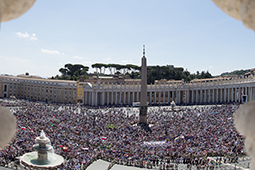
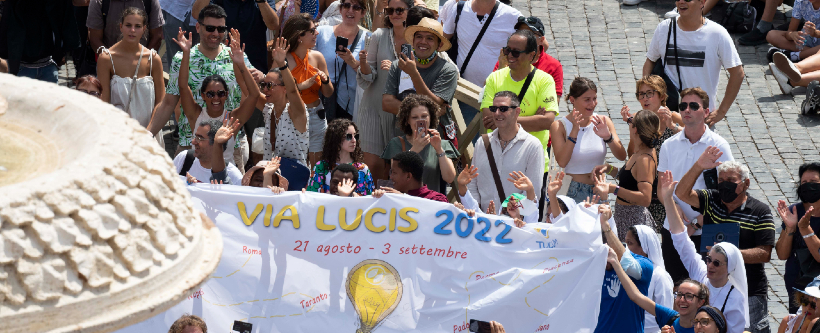
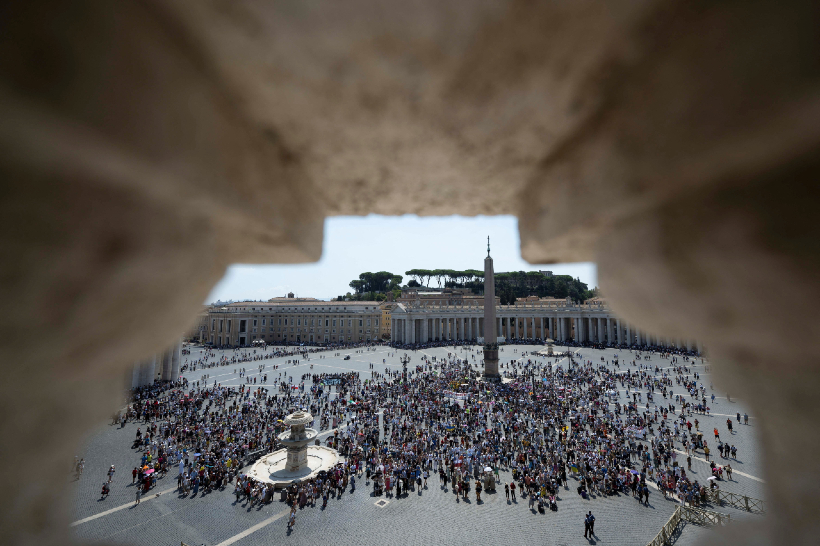
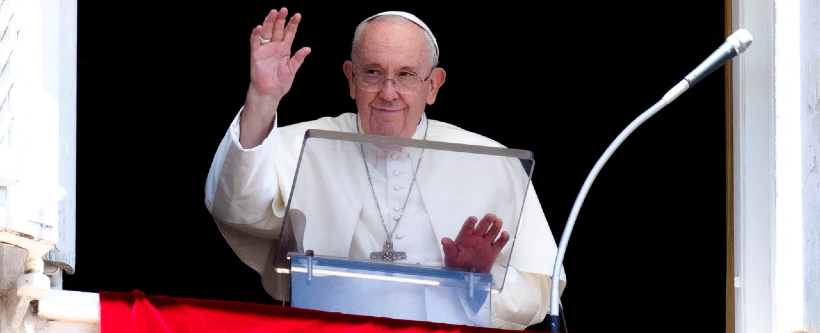

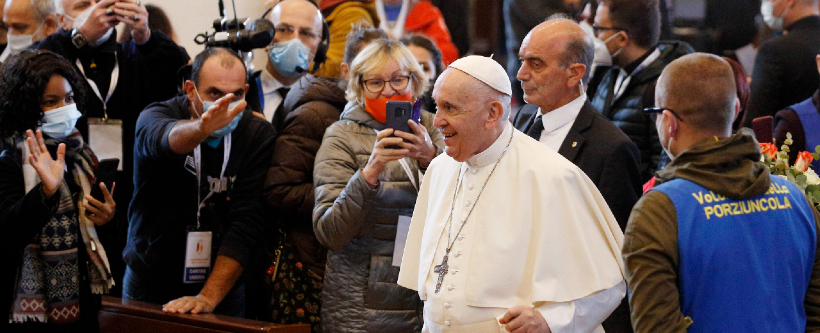
Facebook Comments